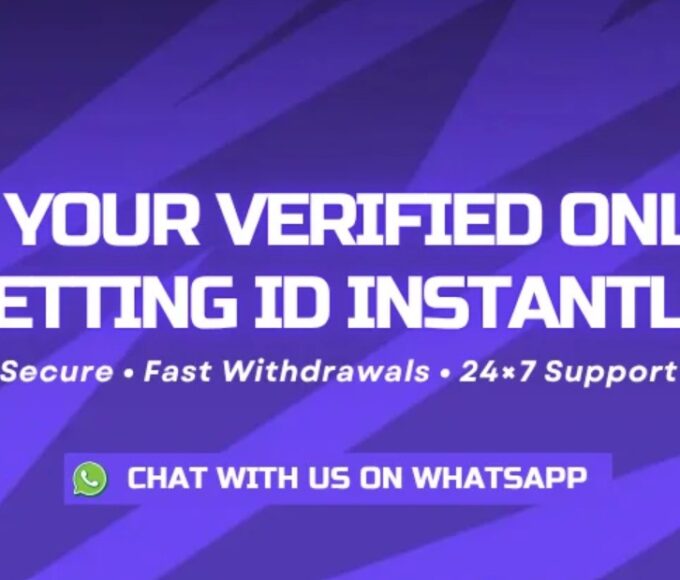Traveling in an RV offers the freedom to explore the open road without sacrificing the comforts of home. One essential component that helps make this possible is an RV inverter. This device allows you to use regular household appliances and electronics while off-grid, converting DC (direct current) power from your RV’s battery into AC (alternating current) power. Whether you’re running a microwave, laptop, or air conditioner, having a high-quality inverter is a game-changer.
This article explores what RV inverters are, why they matter, and how companies like Bettsun are making life easier for RV enthusiasts through innovative and dependable inverter technology.
What is an RV Inverter and Why Do You Need One?
An RV inverter is a power conversion device that transforms 12V DC power from your RV’s battery system into 120V AC power—what your standard home appliances require to operate. Without one, you wouldn’t be able to power many essentials when you’re not connected to shore power.
There are two main types of inverters used in RVs:
Modified Sine Wave Inverters – These are more affordable and suitable for basic electronics like lights and fans.
Pure Sine Wave Inverters – These offer cleaner power that closely mimics grid electricity and are necessary for sensitive devices like laptops, CPAP machines, and TVs.
When choosing the right inverter, it’s important to consider your power needs, travel habits, and the devices you plan to use on the road.
Why Bettsun is a Trusted Name in RV Power Solutions
Bettsun has earned a reputation for designing durable, efficient, and easy-to-install RV inverters. Whether you’re a full-time traveler or a weekend adventurer, their lineup is designed to meet the diverse needs of RV owners.
Here’s what sets Bettsun apart:
Advanced Technology: Bettsun RV inverters use the latest pure sine wave tech for stable and clean power, perfect for running sensitive electronics.
Efficient Energy Use: With optimized energy conversion rates, you can run your appliances longer without draining your battery.
Compact and Rugged Design: Built with RV space limitations in mind, Bettsun inverters are compact but tough enough to handle rough road conditions.
Simple Installation: Whether you’re upgrading or installing from scratch, Bettsun makes integration hassle-free with clear guides and support.
RV owners trust Bettsun not only because of the product quality but also due to their excellent customer support and long-standing industry presence.
Key Features to Look For in an RV Inverter
When selecting an RV inverter, it’s easy to get overwhelmed by specs and technical jargon. Here are the most important features that make a real difference in everyday use:
Wattage Capacity
Determine how many watts you’ll need by adding up the power requirements of the devices you plan to run simultaneously. Bettsun offers a range of wattages to fit light and heavy power users.Built-in Protections
Look for safety features like overload protection, thermal shutdown, low voltage alarms, and short-circuit prevention. Bettsun inverters include all these safeguards to protect your system and your gear.Remote Monitoring
Some Bettsun models come with remote control panels or Bluetooth connectivity so you can monitor performance and make adjustments easily.Battery Compatibility
Ensure the inverter is compatible with your battery type, whether it’s AGM, lithium-ion, or flooded lead-acid. Bettsun products are designed to work with a wide range of batteries.
Installing an RV Inverter: What to Expect
Installing an RV inverter might seem intimidating, but with a basic understanding and a bit of preparation, it’s manageable for most DIYers. Here’s a simplified process:
Choose a location near your battery bank but with enough ventilation.
Mount the inverter securely using the provided brackets.
Connect the battery cables, ensuring correct polarity.
Install any fuses or breakers for added safety.
Test the system before plugging in your appliances.
If you’re unsure about the installation, Bettsun provides easy-to-follow manuals, and their customer support team is ready to help.
FAQs About RV Inverters
1. Can I run an air conditioner on an RV inverter?
Yes, but you’ll need a high-wattage pure sine wave inverter, preferably 2000W or more. Bettsun’s higher-end models are capable of handling AC units with ease, especially when paired with a robust battery setup.
2. How long will my inverter run on my RV battery?
That depends on the battery capacity (measured in amp-hours) and the load (how many watts your devices draw). Bettsun inverters are designed to be energy-efficient, helping you get the most runtime from your battery system.
3. What’s the difference between an inverter and a converter?
An inverter turns DC into AC, while a converter does the opposite—AC into DC to charge your RV batteries when connected to shore power. Both are important, and Bettsun offers solutions that include both functions in all-in-one units.
Off-Grid Freedom Starts with the Right Inverter
An RV inverter is more than just a convenience—it’s essential for modern RV living, allowing you to use your favorite electronics and appliances wherever the road takes you. With a reliable inverter in place, you can enjoy off-grid adventures without sacrificing comfort or productivity.
Bettsun stands out by offering high-performance, reliable inverters that meet the demands of today’s RV travelers. Their commitment to innovation, safety, and user-friendly design makes them a top choice for RV owners looking for dependable power solutions.
Conclusion: Your Journey, Powered by Bettsun
If you’re ready to upgrade your RV’s electrical system or are planning a new build, don’t overlook the inverter. It’s the heart of your off-grid power setup. Choosing a reputable brand like Bettsun ensures you’re investing in a product that delivers reliability, performance, and peace of mind on the road.
Whether you’re plugging in your coffee maker at sunrise or recharging your camera after a long hike, Bettsun keeps your lifestyle powered—wherever you roam.















Leave a comment